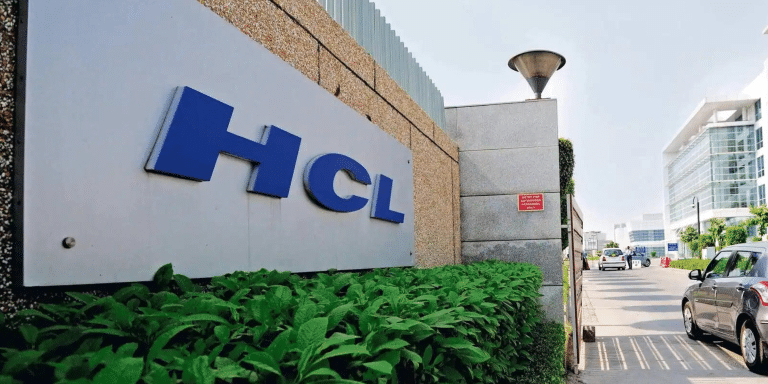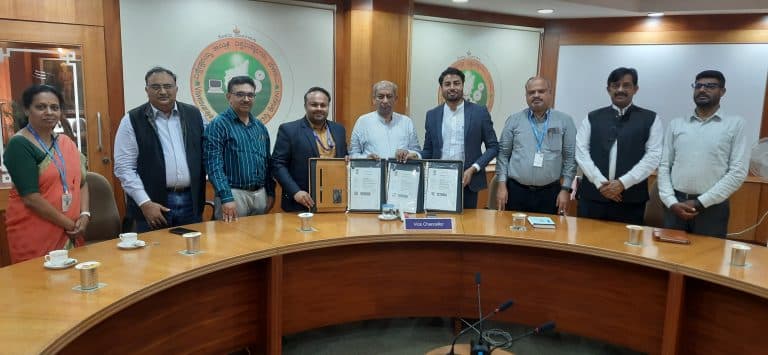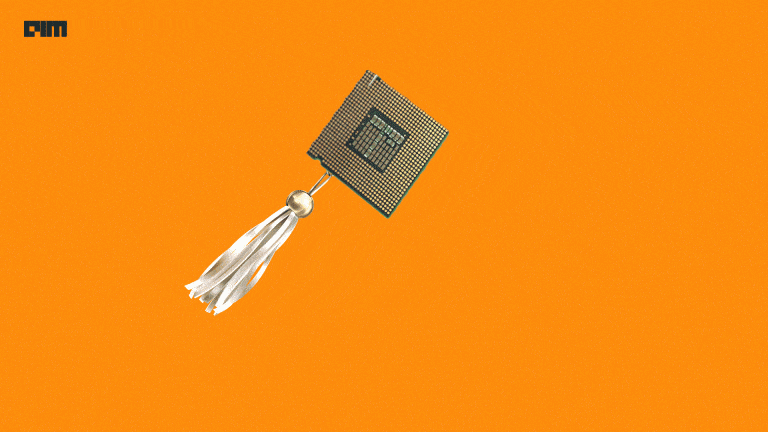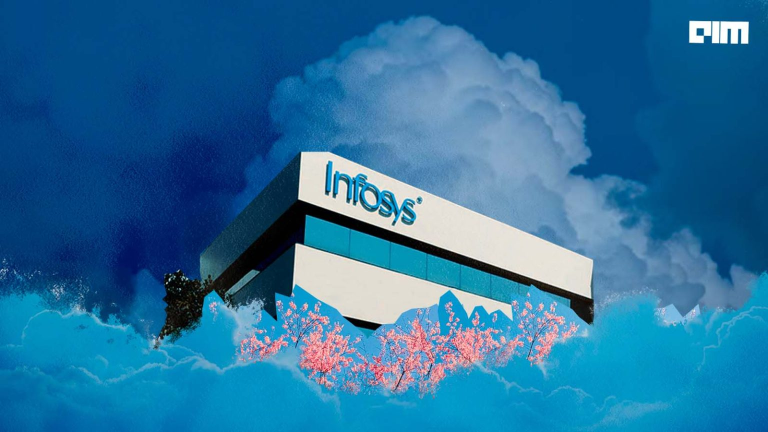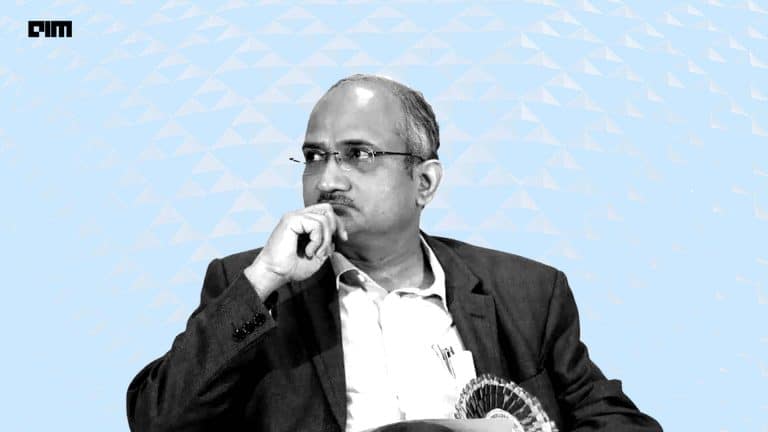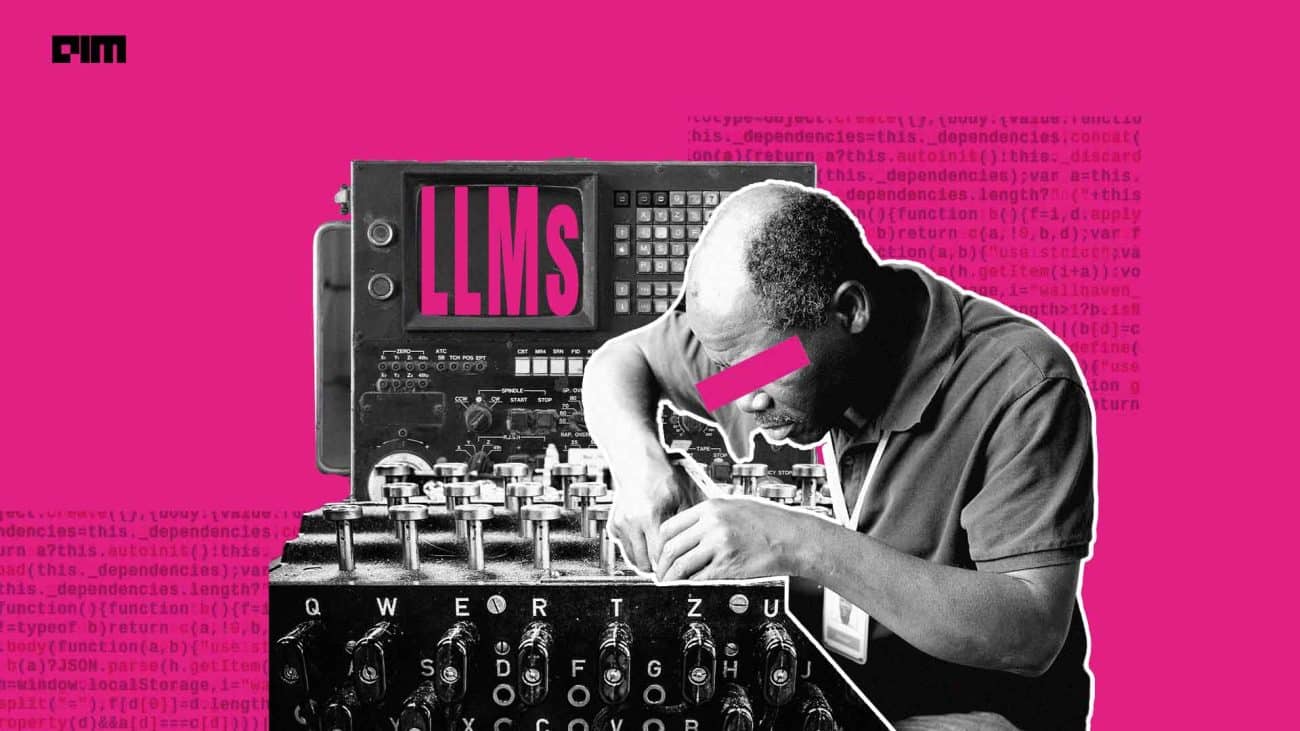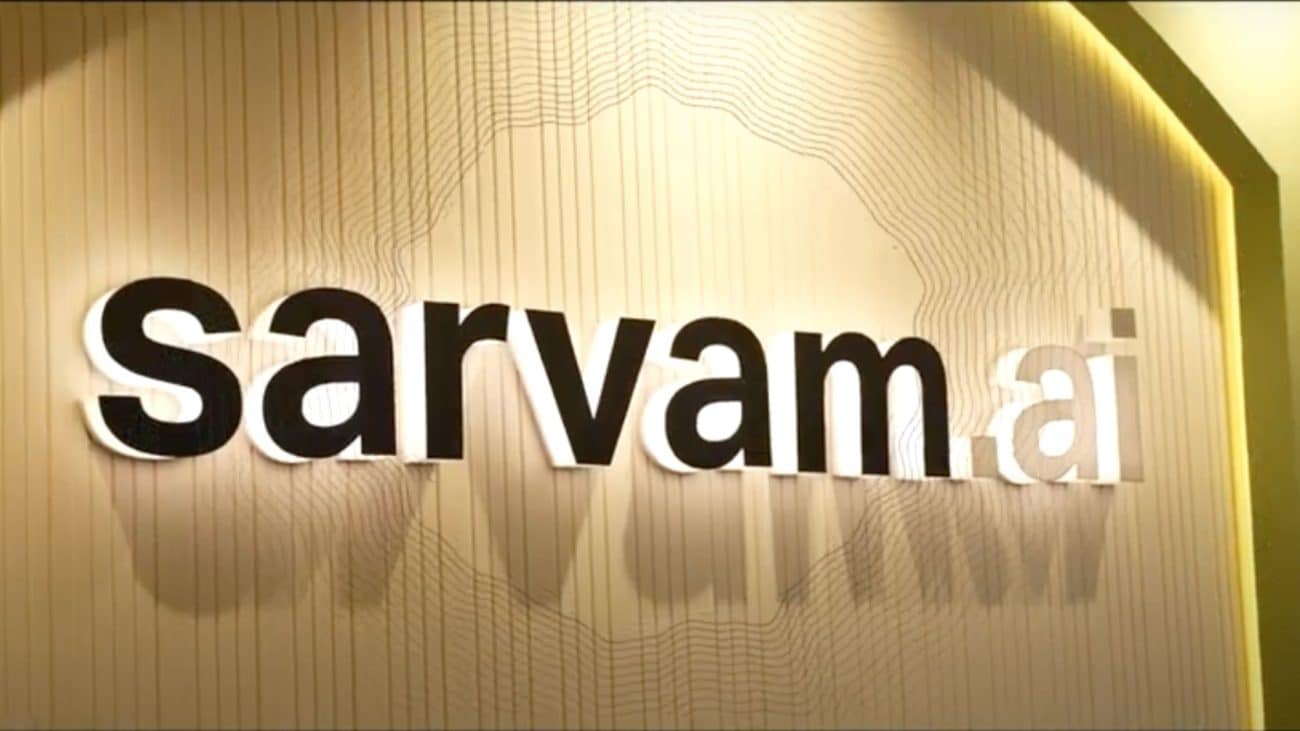The semiconductor industry has become a strategic sector and has a tremendous economic impact. But India lags behind in semiconductor manufacturing compared to other developed countries. Many experts have said that India needs to design and manufacture critical components involved in storage and processing, and this is important for our national security.
The electronics and semiconductor requirements for various sectors including defence, IT, manufacturing is critical for the future of India’s economy, but we are totally dependent on imports as of now.
At the recently held IESA Vision Summit 2020, there was a fireside chat on the topic: Building self-reliance in semiconductors, with Dr V.K. Saraswat, Member, NITI Aayog and Dr Satya Gupta, Chairman, IESA as participants.
“There is a need to design chips for the domestic market and integrate with the foundry. The design, ATMP and foundry have to work parallelly to gain headway,” said Dr V.K. Saraswat, a current member of NITI Aayog and former Director-General of the Defence Research and Development Organisation (DRDO) and the Chief Scientific Advisor to the Indian Minister of Defence.
According to experts, the domestic market for electronics is going to be huge in the coming years, particularly if it demands a personal laptop for each student for online education. Currently, to satisfy domestic demands, India does not have electronic manufacturing. Instead, in most cases, electronic components are imported and assembled here.
“If you continue to import electronics for strategic sectors and digital platforms/devices, security is an issue. So it’s crucial to have design and manufacturing capabilities particularly for critical components which form the basis of storage, memory, processing and interfaces. In addition, all nations have recognised that even a small disruption of the supply chain can cause severe havoc to the economy of a country,” Dr Saraswat added.
Challenges That India Faces In Semiconductor Industry
When you look at semiconductor manufacturing, there are two areas- the wafer fab and assembly testing mark pack (ATMP). According to experts, ATMP is important for taking the initial steps. Apart from investment and tech-intensive fabless units, attempts have been made to set up assembly-test-mark-pack (ATMP) but not to fruition. But experts say that semiconductor ATMP is very crucial for India.
We know that if India gets a large scale fabless foundry for semiconductor manufacturing, it will not be profitable and will take up to a decade just for breakeven. Given the lack of basic infrastructure, this is the reason why India has not witnessed investments into the fabless ecosystem. But the current geopolitical scenario and broken supply chains due to COVID-19, the government may finally accumulate the incredibly high expenses for setting up fabless units.
The demand for semiconductors should be met by the foundries. The breakeven points for foundries come after 7-10 years. In that case, should we get some fab in the country, or should we go for 28nm fab?
The Way Forward
Experts have also been debating whether India should focus on the state of the art latest technology in chip design and manufacturing or focus on manufacturing economical and technically viable options like 28nm chips. “28nm can be valuable in terms of profitability. According to our analysis, there is enough life left for 28nm for the consumption in India across all nodes. India is currently consuming about $1 billion of semiconductors at 28 nm. That is going to remain the same or slightly higher for the next five years compared to 14nm, 10 nm or even 7nm,” said Dr Satya Gupta, Chairman of India Electronics and Semiconductor Association (IESA).
One of the options was to acquire an existing foundry. “If we can lay hands on a used 28nm fab which is in good condition, it will jump-start semiconductor manufacturing for the nation and help develop the needed skills and the base for consequent fabless foundries in India,” added Dr Sarasat, NITI Aayog.
How do you get people to invest in India when there is so much capacity for semiconductors elsewhere in the world?
Dr Gupta said that the nation must allocate $30 billion over the next fifteen years so we can have a long term sustainable plan similar to ISRO and DRDO. “We have one of the best chip designers in the world and we have to convert that into a vibrant fabless ecosystem. We want to bring 100 fabless companies around the world to India. Investment is generally an issue in fabless units, and so we want to generate $500 million seed investment for the fabless ecosystem. Here just a $5 million from each company would suffice and get the ecosystem going,” Dr Gupta said. But the fabless foundry system has to be supported by the government.
One of the initiatives from IESA is SFAL or Semiconductor Fabless Accelerator Lab, in Bangalore which incubates early-stage startups and existing SMEs in the fabless semiconductor segment. It has relationships with Imec, Samsung and Globalfoundries.
“Understanding of semiconductor as a subject despite the fact that we have excellent academic institutions and the collective wisdom in building high-quality silicon wafers is still lacking. There is a dire need for investments and R&D for semiconductor materials, devices and processes for inside and outside India,” Dr Saraswat concluded.






